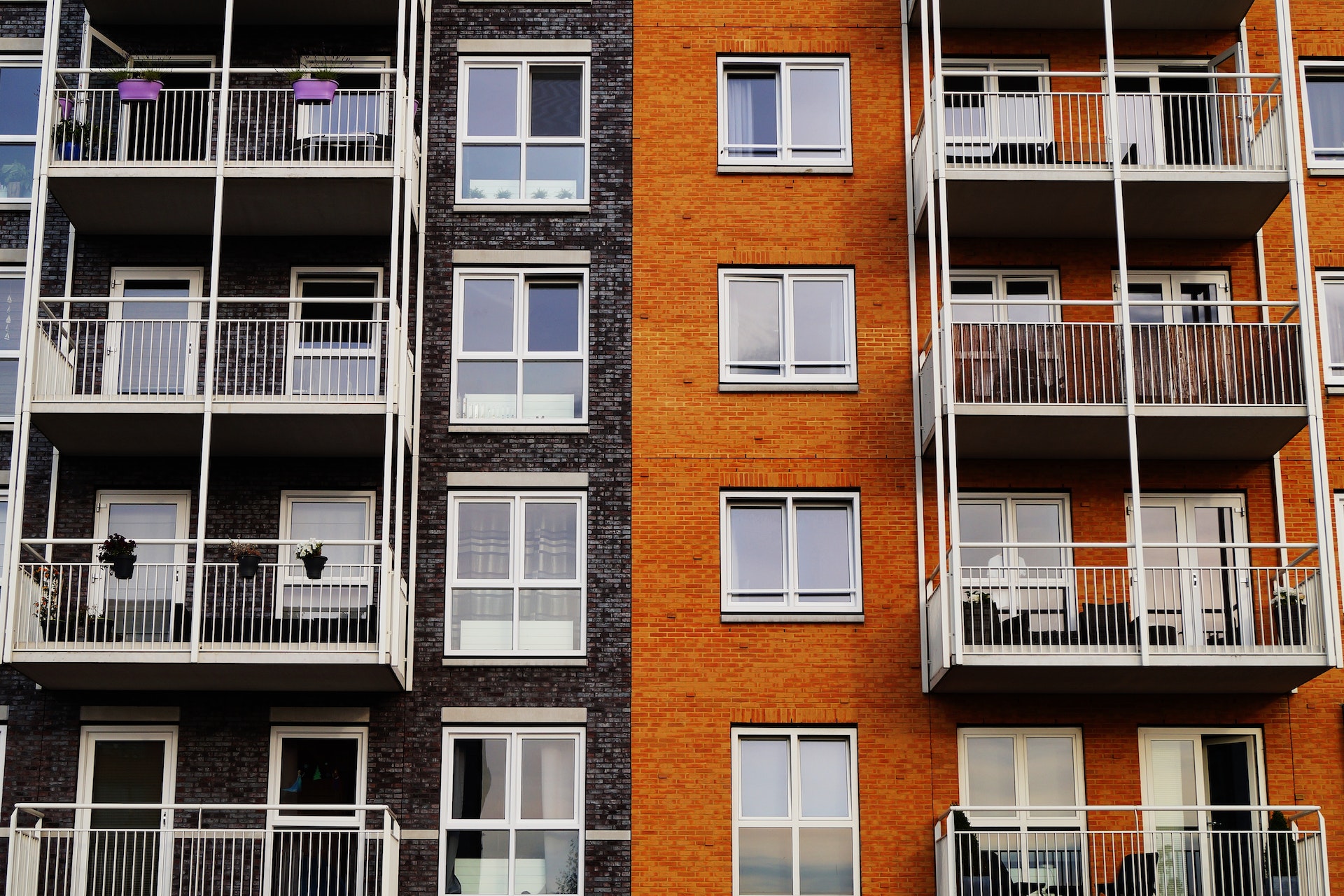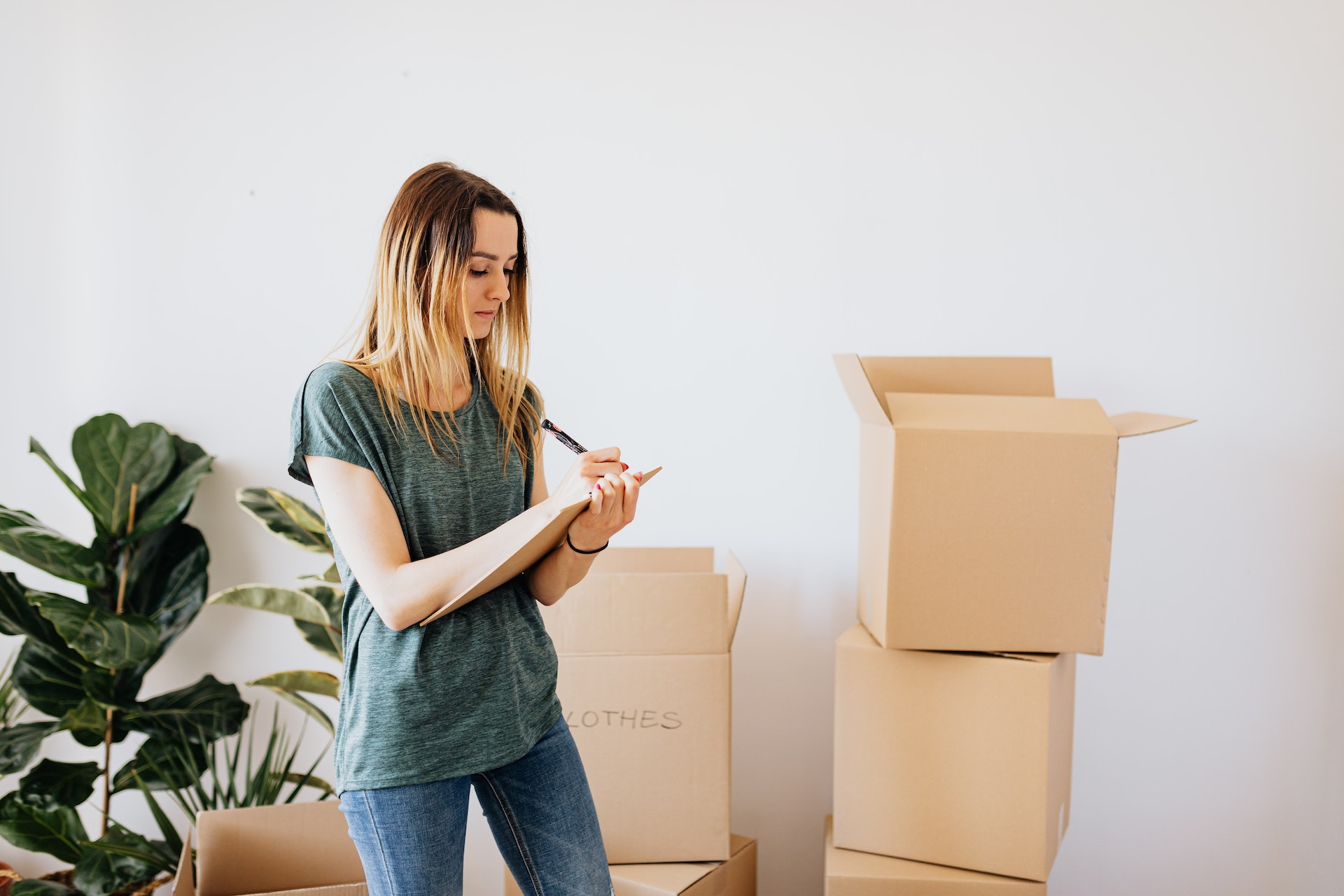Common areas, most especially basements, should be free from any stuff owned by your tenants. In this article, we give you reasons why not allowing tenants to leave their belongings in the basement prevents you from dealing with complaints and liabilities in the future.
Managing Common Areas in Multi-family Properties
Across greater Boston, I manage hundreds of multi-family properties. And multi-family properties have lots of common areas that must always be clean, organized, and safe.
Common areas are areas that anyone renting in your multi-family property can use. Depending on your property type, common areas can include the pool, stairwells, garden, mail area, and basements.
But landlords always ask, “Should we allow tenants to leave personal belongings in the basements?”
The answer is NO.
No Personal Belongings in Basements
It is important for tenants to know their responsibilities regarding the common areas of the property.
But here are the reasons why we do not allow tenants to leave or store their belongings in common areas, particularly the basement.
1. It opens you up to liabilities and complaints.
Basements are prone to mess, so it is necessary to clean up later on. Year after year, we see tenants leaving things in these basements, which can result in their stuff:
- getting flooded
- getting stolen
- causing fire hazards when placed close to boilers or hot water tanks
What’s worse is we get blamed for these mishaps. But these liabilities and complaints can all be avoided with a simple “No Personal Belongings in the Basement” section in the lease.
2. It takes up storage space that the property owner could be using or paying for.
While it is understandable that tenants may need a place to store some of their stuff, it can become a problem sometimes.
You see, if the tenant leaves any possessions in the basement, it means that the property owner doesn’t have access to that storage area anymore. During this time, the property owner may also be unable to collect income from renting out that storage space.
3. If you don’t get rid of it, it will keep building up.
Tenants can be notorious for bringing possessions with them to their property. When you think about it, the basement is one of the most convenient places to leave things.
From a tenant’s perspective, if you don’t want to bother taking your things upstairs or to your unit, you can put them in the basement where they will remain out of the way until you need them again.
But this convenience of having stuff out of the way can make more things pile up easily.
How to Keep Tenants’ Stuff Off the Basement
With every single one of our leases, we put a section that states no personal belongings are allowed in the basement. However, we still want to provide some sort of storage space as an added value for our tenants. Plus, it presents an opportunity for your to make more money as a landlord.
In any multI-family with a basement, we will typically walk down into the basement to see if this is an area where we can build storage bins. Then, we rent out these storage bins to the tenants.
That way, it’s a win-win: the tenants get a storage space for their stuff, and the landlord makes additional income for while everything is kept clean and organized.
The Landlord Tutor Promise
To know more about being proactive and forward-thinking to solve problems such as tenants who leave stuff in the basement, join the Landlord Tutor community and sign up here.





